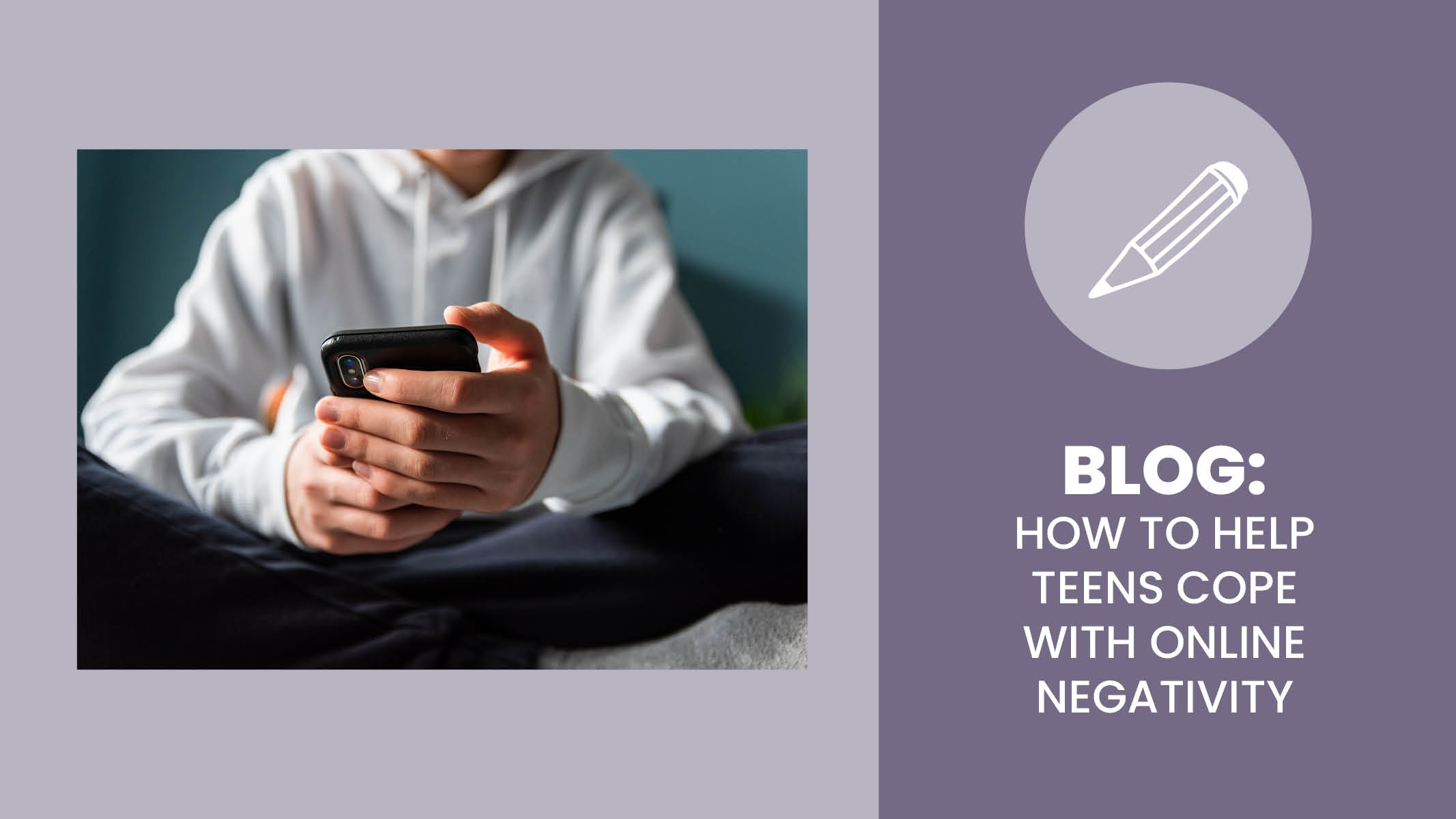In our increasingly digital world, teenagers are often navigating the complexities of social media, online interactions, and the inevitable negativity that comes with them. Understanding how online negativity can impact mental health is crucial for caregivers who want to support their teens. Dr. Danielle Beyer-Langerud, PhD, a specialist in psychology at Sanford Health, shares valuable insights on this topic, highlighting the challenges teens face and offering effective strategies for coping with online negativity.
Mental Health Risks
Dr. Beyer-Langerud highlights that online negativity can significantly affect a teen’s mental health and self-esteem. Studies indicate that increased social media usage correlates with rising symptoms of depression and anxiety. A study found that the risk of depression increases by 13% for each additional hour of social media use among adolescents. Symptoms may include:
- Depressed Mood: Feelings of sadness or hopelessness.
- Loss of Interest: Disinterest in previously enjoyable activities.
- Concentration Problems: Difficulty focusing on tasks or schoolwork.
In addition, research shows that online interactions can exacerbate social anxiety, leading to avoidance of social situations and increased worry about negative evaluations. These challenges can ultimately disrupt sleep patterns, further compounding emotional difficulties.
Recognizing the Signs
Caregivers should be vigilant for signs that their teen may be struggling with online negativity. Dr. Beyer-Langerud emphasizes the importance of noticing:
- Mood Changes: Noticeable shifts in emotional well-being or behavior.
- Increased Screen Time: Spending more time online, particularly on social media.
- Social Withdrawal: Reduced face-to-face interactions with peers.
By being attentive to these signs, caregivers can better support their teens in navigating online challenges. To support your teens in navigating mental health challenges, explore our ‘Mental Health is Health’ resource.
Strategies for Support
Dr. Beyer-Langerud suggests the following strategies to help support your teens in coping with online negativity:
1. Build a Healthy Relationship
Building a trusting and collaborative relationship with your teen is essential. Dr. Beyer-Langerud emphasizes, “work with your teen collaboratively as opposed to controlling or ‘talking down to’ them.” This approach encourages teens to express themselves openly.
2. Monitor Social Media Usage
“Discuss regularly and have a mutual plan for monitoring teens social media activity, including how much time they are online and the type of content they are viewing.” she says. Transparency builds trust and promotes responsible technology use.
3. Educate on Online Content
Dr. Beyer-Langerud also emphasizes on helping your teen understand the dynamics of online interactions. Discuss how negative headlines often receive more clicks and how information can be exaggerated. Educating them on these trends can empower them to think critically about what they encounter online.
4. Model Healthy Online Behavior
Demonstrate positive online habits yourself. “Teens often learn their behaviors from the people with whom they spend the most time. Thus, caregivers must be self-aware of their own use of technology and how their habits and practices may be negatively impacting those in their care. Having household rules and expectations regarding the use of technology can go a long way in reducing children and teens vulnerability to the negative impacts of technology and social media,” explains Dr. Beyer-Langerud. Designate tech-free times, such as during meals or before bed, to encourage face-to-face interactions and promote well-being.
5. Educate on Coping Strategies
Dr. Beyer-Langerud encourages caregivers to support teens in adopting effective coping strategies. Create a safe space for discussing online concerns and feelings through open communication. Dr. Beyer-Langerud suggests that caregivers should strive to understand their teens’ digital environments. “If you do not understand how to navigate these areas, ask your teen to show you. Take an interest in their interests. This will spur natural conversations about appropriate/inappropriate content and messages.” Says Dr. Beyer-Langerud. She also emphasizes to teach them to track their online time and the content they engage with and promoting regular reflection on their emotions and reactions to online experiences, caregivers can ensure their teens can cope with online negativity. When discussing the online negativity they may be facing, caregivers should navigate the conversation by listening actively, building their esteem, regulating your own emotions, encouraging expression, providing education about the online negativity or acknowledging if you don’t know something, and fostering a healthy/open relationship. Hear, first-hand, from teens as they share helpful coping strategies for managing mental health challenges.
When to Seek Professional Help
According to Dr. Beyer-Langerud, if you notice significant changes in your teen’s mood or behavior – such as irritability, changes in hygiene, declining grades, or disrupted sleep – it may be time to seek professional support.
Helping teens cope with online negativity is an ongoing process that requires patience, understanding, and open communication. By fostering open communication and understanding the challenges posed by online negativity, caregivers can equip their teens with the tools they need to navigate the digital world safely and positively.
Ready for more? You might also like:
Cheat Sheet for Parents & Caregivers: Understanding Teen Depression
How to Help Teens Build a Healthy Relationship with Social Media: Essential Tips for Caregivers
10 Exciting Screen-Free Activities for Teens: Fun and Engaging Alternatives


